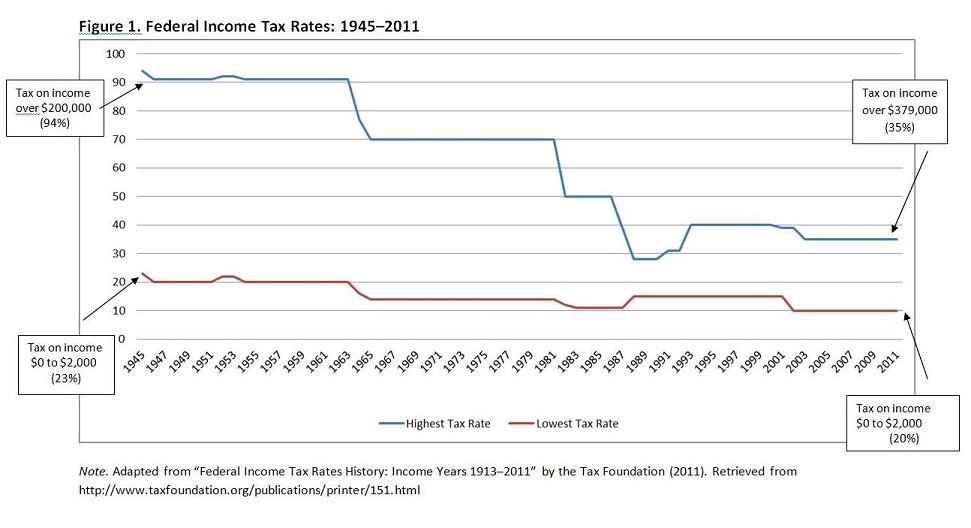Tax Cuts Fuel Deficit
A shorter version was published in the Salt Lake Tribune. Some of the comments were interesting. You can read them here.
On June 2 the Tribune published an only moderately misleading editorial claiming that Social Security and Medicare “are major drivers of federal budget deficits, and the U.S. must reform both if it is going to get a handle on the growing national debt…that’s a fact.” No, it’s not a fact. It’s opinion. The editorial carefully avoids claiming that these entitlements are the major drivers of the deficit, which doesn’t excuse it from bias.
Does anyone remember the surpluses left behind by the Clinton administration? According to the nonpartisan Congressional Budget Office this nation entered the 21st Century with a federal budget surplus of $86.4 billion. What happened to it? Social Security wasn’t established in the past 11 years, and neither was Medicare. Three things happened: 9/11, The Bush Tax Cuts, and the Great Recession.
At this point there is little we can do to reduce the immense budgetary consequences of the wars undertaken in the wake of 9/11, and there seems little we can do to reduce the budgetary impact of the Recession except hope recovery will survive the budget cutting frenzy. That leaves the Bush Tax Cuts.
Marginal tax rates on the nation’s highest incomes have been lower since the late 1980s than at any time since World War II. Since 1944 the marginal tax rate paid on the nation’s highest incomes has decreased by 63%, from $0.94 to $0.35 per dollar, and U.S. tax policy has consistently favored passive or unearned income like stock dividends or proceeds from the sale of assets with lower tax rates.
Before taking aim at the safety net that working Americans rely on let’s roll back the Bush Tax Cuts and reform the tax treatment of capital gains.

